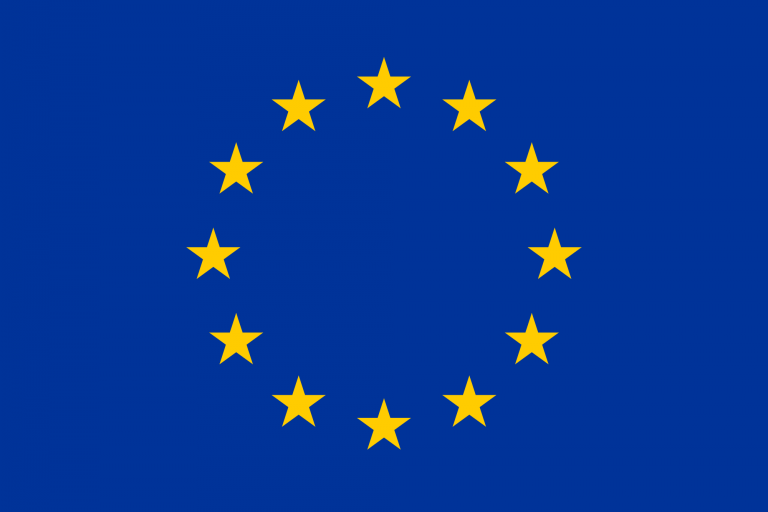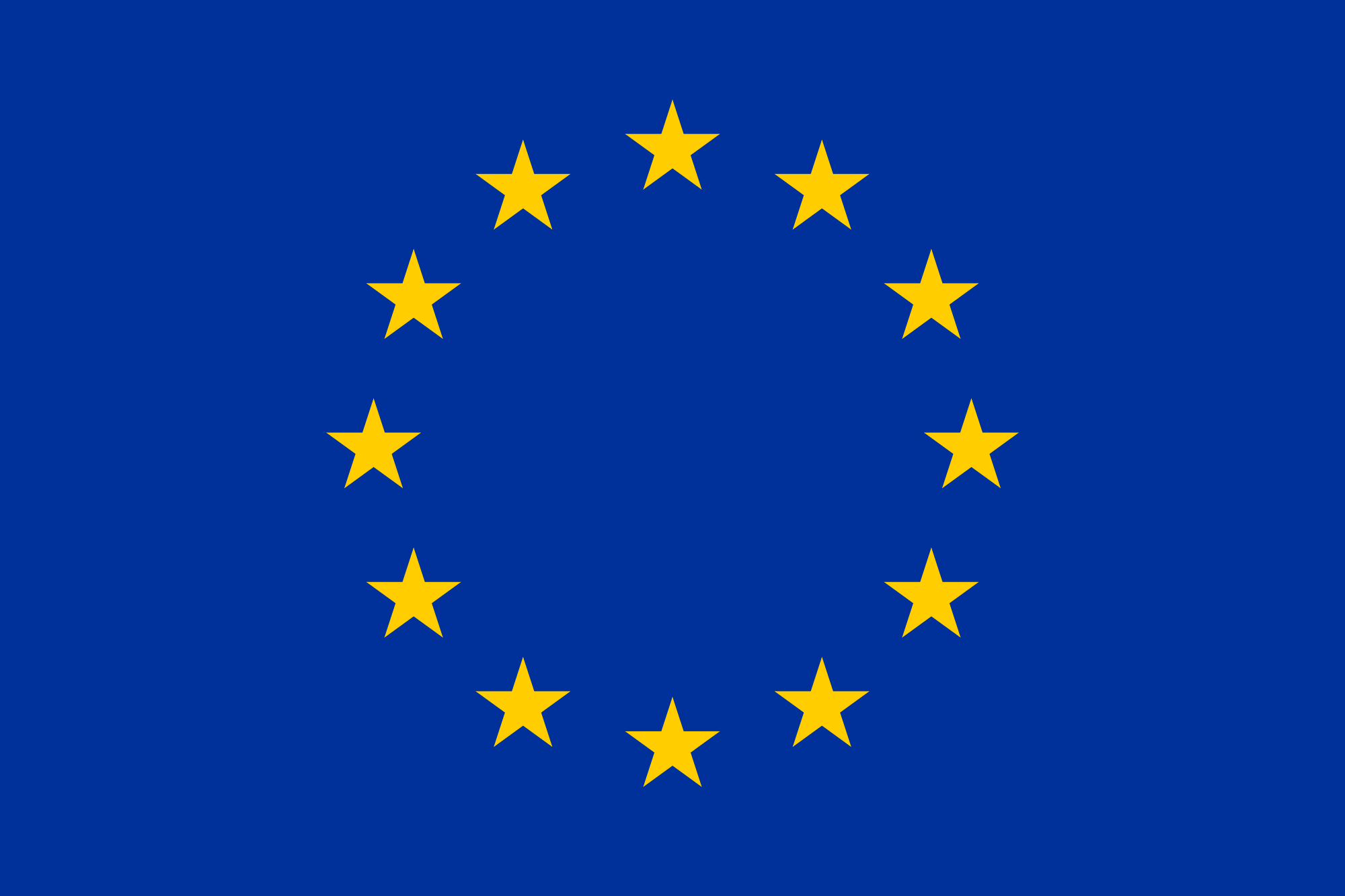 News
NewsBrexit for research
Amid the uncertainty about what the UK's departure from the European Union will mean for science, here's one informed opinion on the pitfalls of the process.
extra_body_classes_preprocess_html(Array, 'html', Array)
call_user_func_array('extra_body_classes_preprocess_html', Array) (Line: 261)
Drupal\Core\Theme\ThemeManager->render('html', Array) (Line: 480)
Drupal\Core\Render\Renderer->doRender(Array, ) (Line: 240)
Drupal\Core\Render\Renderer->render(Array) (Line: 158)
Drupal\Core\Render\MainContent\HtmlRenderer->Drupal\Core\Render\MainContent\{closure}() (Line: 627)
Drupal\Core\Render\Renderer->executeInRenderContext(Object, Object) (Line: 159)
Drupal\Core\Render\MainContent\HtmlRenderer->renderResponse(Array, Object, Object) (Line: 90)
Drupal\Core\EventSubscriber\MainContentViewSubscriber->onViewRenderArray(Object, 'kernel.view', Object)
call_user_func(Array, Object, 'kernel.view', Object) (Line: 111)
Drupal\Component\EventDispatcher\ContainerAwareEventDispatcher->dispatch(Object, 'kernel.view') (Line: 186)
Symfony\Component\HttpKernel\HttpKernel->handleRaw(Object, 1) (Line: 76)
Symfony\Component\HttpKernel\HttpKernel->handle(Object, 1, 1) (Line: 58)
Drupal\Core\StackMiddleware\Session->handle(Object, 1, 1) (Line: 48)
Drupal\Core\StackMiddleware\KernelPreHandle->handle(Object, 1, 1) (Line: 28)
Drupal\Core\StackMiddleware\ContentLength->handle(Object, 1, 1) (Line: 32)
Drupal\big_pipe\StackMiddleware\ContentLength->handle(Object, 1, 1) (Line: 191)
Drupal\page_cache\StackMiddleware\PageCache->fetch(Object, 1, 1) (Line: 128)
Drupal\page_cache\StackMiddleware\PageCache->lookup(Object, 1, 1) (Line: 82)
Drupal\page_cache\StackMiddleware\PageCache->handle(Object, 1, 1) (Line: 48)
Drupal\Core\StackMiddleware\ReverseProxyMiddleware->handle(Object, 1, 1) (Line: 51)
Drupal\Core\StackMiddleware\NegotiationMiddleware->handle(Object, 1, 1) (Line: 36)
Drupal\Core\StackMiddleware\AjaxPageState->handle(Object, 1, 1) (Line: 51)
Drupal\Core\StackMiddleware\StackedHttpKernel->handle(Object, 1, 1) (Line: 704)
Drupal\Core\DrupalKernel->handle(Object) (Line: 19)
 News
NewsAmid the uncertainty about what the UK's departure from the European Union will mean for science, here's one informed opinion on the pitfalls of the process.

Amid the uncertainty about what the UK's departure from the European Union will mean for science, here's one informed opinion on the pitfalls of the process.
Ever since the EU Referendum on 23 June 2016, the prospects for UK research have been uncertain, at best. The status of the many EU nationals who work in research in the UK remains unclear, nobody has seemed sure whether UK researchers could be part of EU funding applications and the future of areas of research where the UK has been among the best in the world seemed bleak. Now, even as the Brexit negotiations stall, some things are becoming clearer – and more urgent.
Prof. Dame Athene Donald, physicist and Master of Churchill College Cambridge, set out some of the risks facing research and the university sector in her Herman Bondi Lecture on 23 October this year. She acknowledged the role that immigration played in the referendum result, but noted that including international students in those figures kept them higher than otherwise. But she raised the problem of future participation in European funding call such as Horizon2020. Not only do such schemes make possible UK research in fields demanding significant funding support, they foster the international collaboration that is so vital to research progress. In the RAS fields of astronomy and space science, UK researchers are known for successful leadership roles within such projects. As well as boosting the UK's position as a leading international research nation, European Research Council grants are prestigious for individuals and universities, because of the success they represent on the international stage – something that Prof. Donald pointed out, cannot be fully replicated even if national funding were able to match the money.
She also pointed out that applicants for Horizon2020 funding must now comply with the eligibility criteria for the full lifetime of the grant – something that UK researchers will not be able to do beyond 29 March 2019 unless the Brexit negotiations somehow square the circle to allow continued eligibility for ERC funds. The experience of Switzerland suggests that free movement of people within the European Union is essential for that to be the case – and removing such free movement seems important to those working for Brexit now.
Read a summary of Prof. Donald's talk here.
If you would like to submit an article to A&G Forum then please go here.